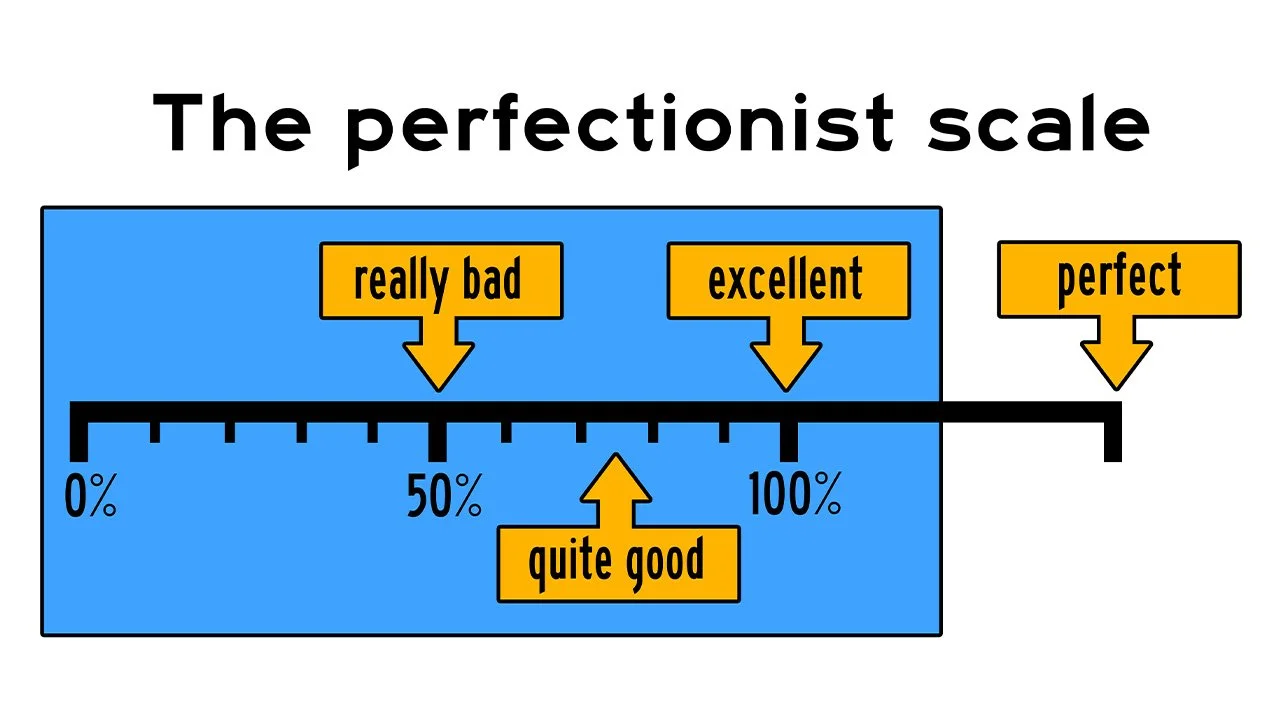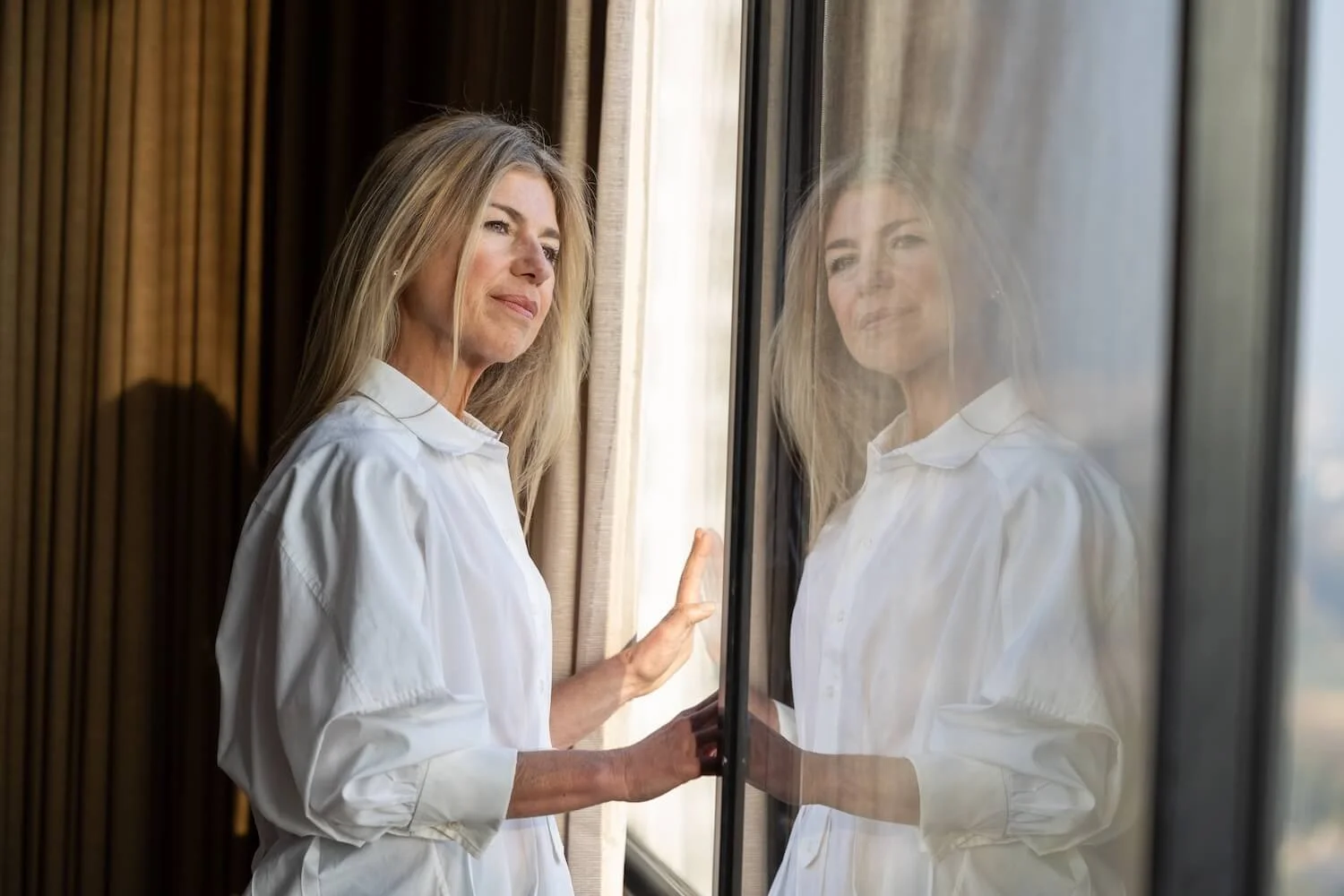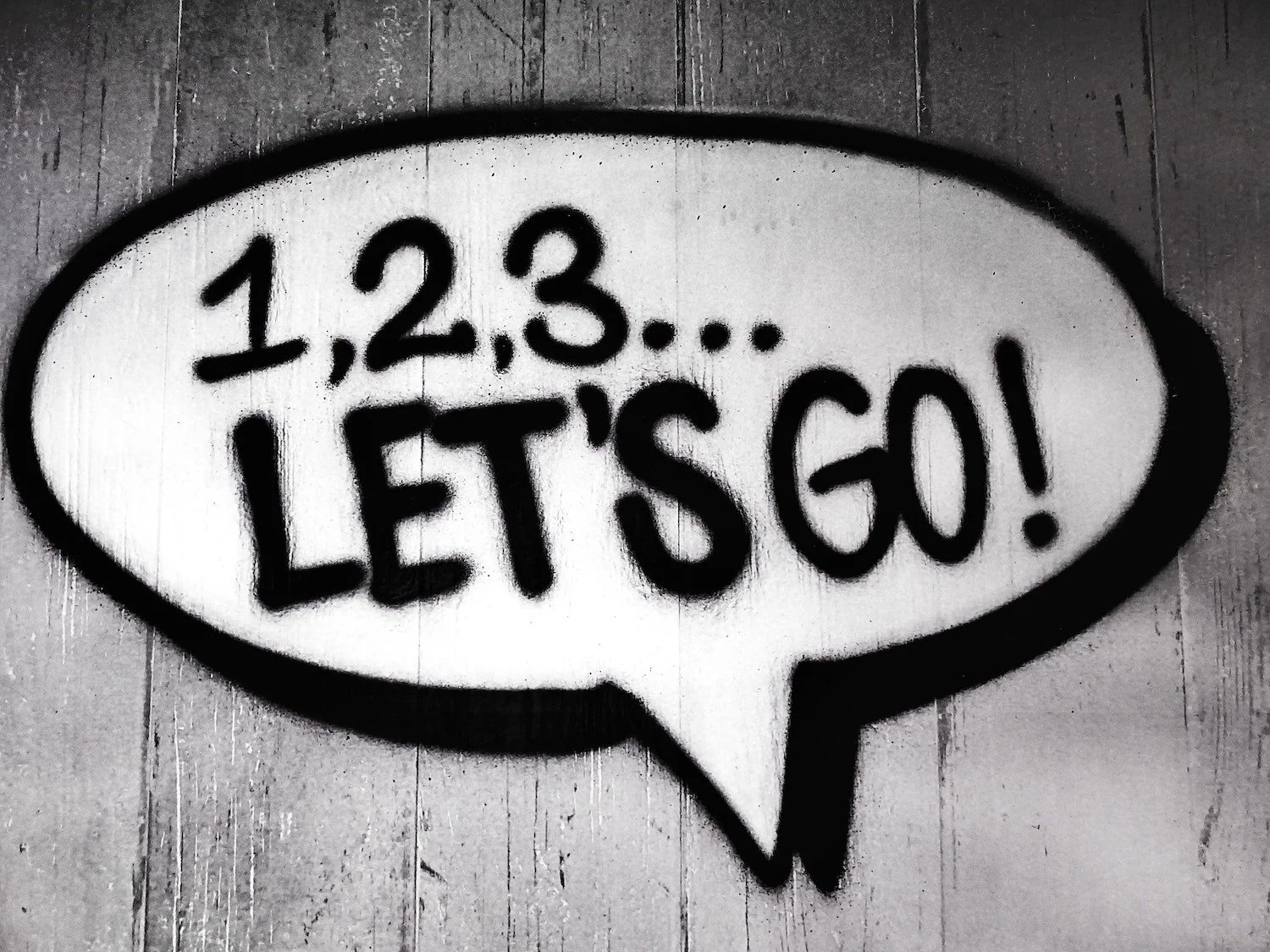If You Worship Perfectionism, This Might Hurt…
The impact of Perfectionism is like the force of Gravity.
Most (I’m hoping all) of us are aware of it, and ignorance doesn’t shield us from its effects.
In other words, not understanding gravity will not prevent us from falling, and in that way, it’s shockingly similar to perfectionism. You see, not understanding perfectionism won’t shield you from its inevitable psychological and emotional damage.
Diving deeper into the definition of perfectionism, I am unnerved by how absolute and tyrannical the most common definitions are. Words and phrases like faultless, flawless, and “without equal” are commonly cited. Thankfully, some wise person added “too good to be true” to this despotic list, but that one is easily lost amongst all the other shiny words like unrivaled, unequaled, and matchless.
So, what’s the problem with perfection and being a perfectionist? According to Brene Brown, arguably the foremost expert on studies of perfectionism, “Perfectionism hampers success. In fact, it’s often the path to depression, anxiety, addiction, and life-paralysis”—strong words that she backs up with a great deal of data and evidence.
My client, Lana, is an influential leader and entrepreneur who has created two successful businesses from the ground up and is working with me to launch her third. She is no newbie to coaching and has done more than enough self-examination to realize that perfectionism is not what made her successful but rather the roadblock to being more successful.
Still, quitting perfectionism can feel like an impossible mission, and it didn’t matter how many studies on the damaging effects of perfectionism I shared with Lana, she remained frozen in the habit. The fear that letting go or loosening her grip would lead to mediocrity (every perfectionist's nightmare!) was too great, which made her overlook even the most robust scientific data.
The question on her mind, “If I’m not perfect, then what am I?” needed a satisfactory response before she was willing to take the first small step toward quitting perfectionism. So, together, Lana and I decided that the response her mind was asking for would be, “If I’m not perfect, then I’ll be excellent!” This goal resonated with Lana and together we clarified the difference between Perfectionism and Excellence.
We agreed that Perfection is, well, perfect, a 10 out of 10. For a true perfectionist, it’s actually an 11 out of 10, and if the math is wrong, so is the concept.
Excellence is very, very good. It’s not perfect, but it meets our criteria for high-level work. Excellent work stands out because it’s clear that the creator did not take any shortcuts. Excellence is doing what is required and not just our best.
Perfection is often about reaching a goal set by others. As such, it's an exhaustingly moving target. Many of us think perfectionism is a personality trait we’re born with, but it’s what we see modeled. That means from a very young age, we take on another’s definition of success.
Excellence requires us to look inward and decide on our individual and personal definition of success.
Perfection has us comparing ourselves to others, but only 100% of the time. Isn’t it true that we can always find someone doing it better or faster than us?
Excellence has us striving to do better than only one person, our past selves.
Perfection is an endless hustle. When we are younger, we can expend energy on the hustle without paying too high a price. But as Lana is recognizing, we need to use our energy more discerningly as we get older. Less but better must be our motto - a rule that makes us wiser, more productive, and more strategic—amplifying rather than draining, our energy.
Excellence is a journey of continual progress. It’s the difference between feeling like we are always chasing a moving target and the feeling that we are adding a brick to a wall every day, supporting our success.
If you are in my coaching community and reading this article or listening to the audio, you are likely a high achiever, which means there’s a good chance you’ve been using Perfectionism as your winning strategy.
Whether you realize it or not, the cost of the Perfectionism strategy is too high. I hope you choose Excellence instead and free yourself from the grip of a habit that has enslaved you instead of serving you.
Photo credit: cmaphealth










